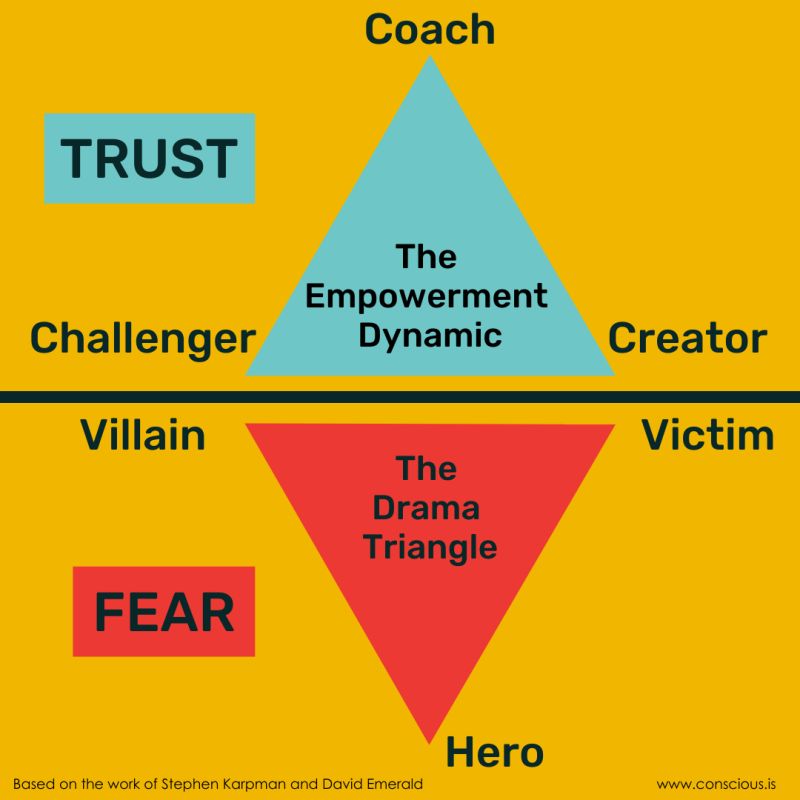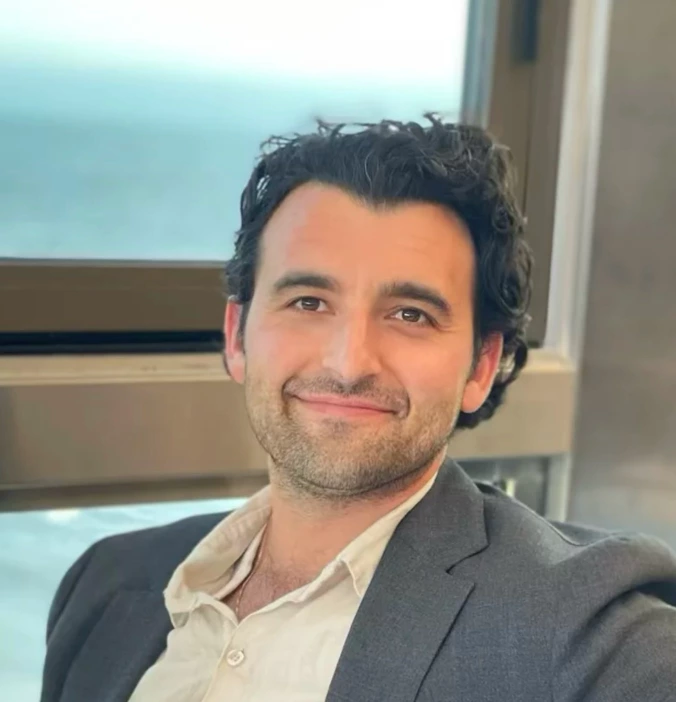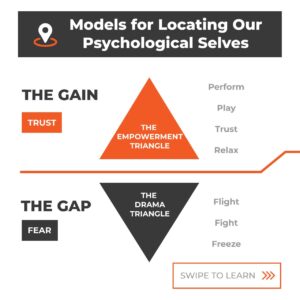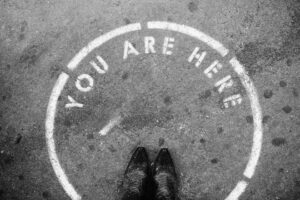I am writing a book called Adaptable Learning and Leadership–with mental models, maps, and mirrors. The primary goal of the book is to expose the reader to a mosaic of models and maps to improve their mental mirroring, which will grow their capability to be a more adaptable learner and leader.
Mental Model: An overarching conceptual representation of physical and/or social reality that helps us to understand, explain, and predict reoccurring patterns of phenomenon. The above picture shows three models and maps interlaced and overlapped: Conscious Leadership’s model “Above or Below the Line,” Karpman’s “Drama Triangle,” and Emerald’s “The Empowerment Dynamic.”
Mental Map : Most mental maps are extensions of mental models. They help to express the many overlapping and interrelated layers of territory embedded in the core concept that the model represents. Occasionally, mental maps exist independently of an overarching model. I refer to these as frameworks.
The above picture maps the territory of both Karpman’s “Drama Triangle” (victim, villain, hero) and Emerald’s “The Empowerment Dynamic” (creator, challenger, coach). The positioning of the two maps, either above the line or below the line, visually depict how one model of identities and behaviors is motivated by trust and the other model of identities and behaviors is motivated by fear.
Mental Mirror : A mental mirror is created psychologically when someone takes a mental map and filters it through the mental model of self-awareness, self-regulation, and self-reflection.
It is your usage of a mental mirror that puts these models and maps into practice, so you can become a more adaptable learner and leader.
Self-Awareness:
-In what types of situations are you more likely to behave in an above the line (open, curious, and committed to learning) manner?
-In what types of situations are you more likely to behave in a below the line (closed, defensive, and committed to being right) manner?
-What types of concerns or problems are more likely to trigger you to blame and/or criticize (villain)?
-What types of thoughts and feelings do you have when you feel at the effect of threatening circumstances or behavior (victim)?
-What are the types of projects and pursuits that you crave to take control of the most? (hero)?
Self-Regulation:
SxB=R (Situation x Behavior= Result)
-What situations in your life tend to influence you feeling like a victim? When you feel that way, what tends to be the result? What if you were to behave more like a creator, how might the result differ?
-What situations in your life tend to influence you being seen as villainous? What tends to be the result of others’ having this perception? If you were to be seen as a valuable challenger instead, what would be a probable result of this perception?
-What situations in your life tend to influence you to behave like a hero? What tend to be the longer term results of this behavior? What if you were to behave more like a coach, how might the results differ?
Self-Reflection:
-How did fear make it difficult for you to shift from being below the line to above the line?
-In what ways were you successful in developing trust with your colleague to help him or her shift from below the line to above the line?
-In what ways were you unsuccessful in developing trust with your colleague to help him or her shift from below the line to above the line?
-Why was it difficult for you to be coach like for longer (instead of eventually behaving like a hero and giving advice)?




